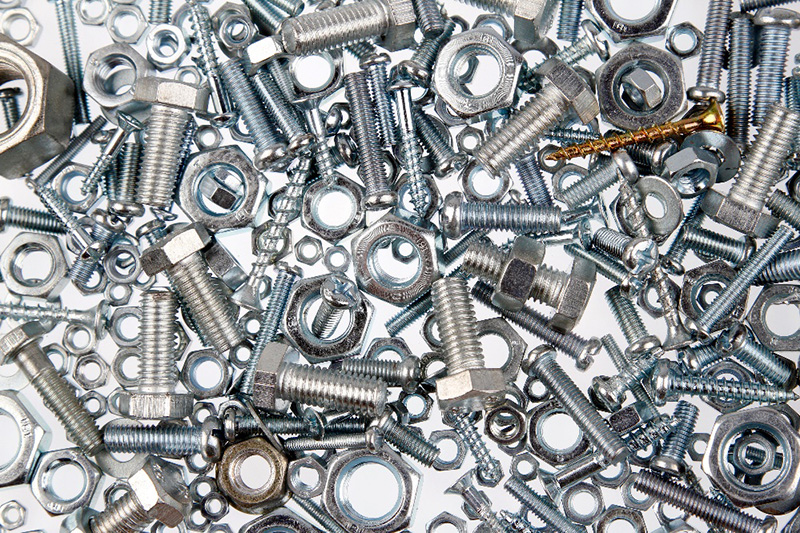
In this blog:
- Common types of fasteners and their characteristics
- How to avoid common fastener mistakes
- Shop fasteners
- Need help with selecting a fastener?
Fasteners come in an array of shapes, sizes, and materials, each designed for specific applications. They play a key role in almost every industry, from construction and automotive to electronics and aerospace. The primary purpose of a fastener is to create a non-permanent joint; that is, the connected parts can be separated without damaging them. This distinguishes fasteners from welding and other permanent joining methods.
Common types of fasteners and their characteristics
Bolts
Bolts are threaded fasteners designed to be used with a mating nut. They come in various shapes, sizes, and materials, depending on their specific application. Bolts are widely used in construction, machinery, and automotive industries due to their strong holding capabilities. Common types of bolts include hex bolts, carriage bolts, and U-bolts, each designed for uses ranging from general construction to attaching cables.
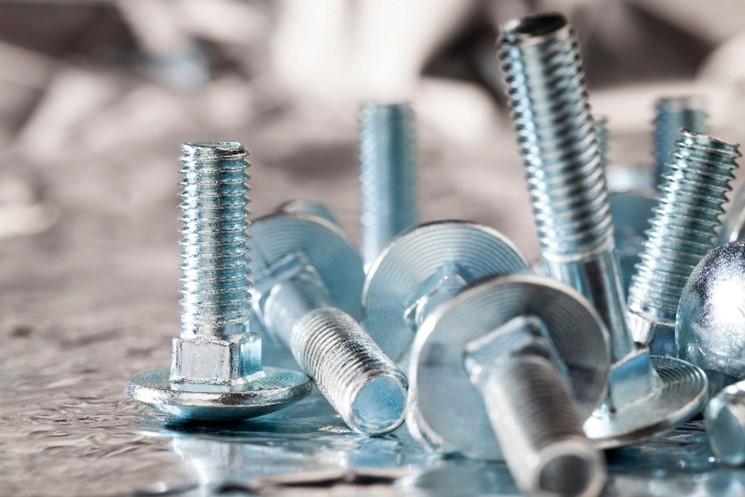
Nuts
Nuts are internally threaded fasteners that mate with bolts, studs, or machine screws to hold parts together securely. They come in various shapes and sizes, including hex nuts, wing nuts, and locknuts, each designed for specific applications. Nuts are indispensable in almost all construction, manufacturing, and repair projects.
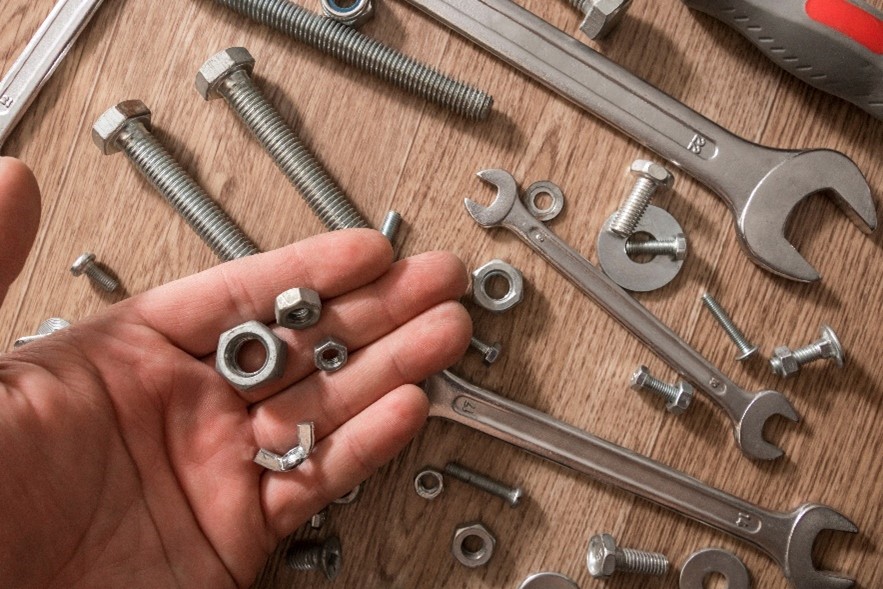
Screws
Screws are perhaps the most versatile fasteners, designed to be inserted into pre-drilled holes and to form their own threads in soft materials. They come in a wide variety of head types, materials, and sizes, making them suitable for a broad range of applications in both industrial and residential settings. From wood screws to machine screws, each type is engineered for a specific use.
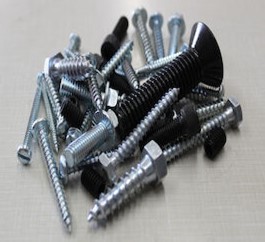
Anchors
Anchors are fasteners designed for attaching objects to concrete, brick, stone, or drywall. They expand when installed, gripping the material tightly and providing a secure hold. There are several types of anchors, including toggle bolt anchors, sleeve anchors, and machine screw anchors, each suited to specific substrates and load requirements.
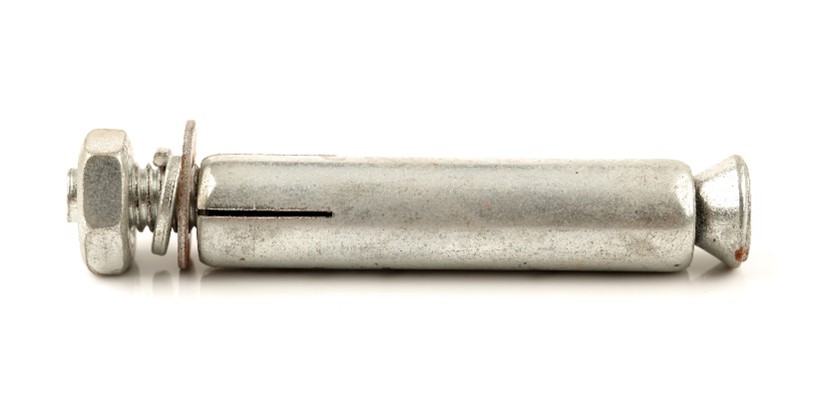
Rods & Studs
Rods and studs are long, typically cylindrical fasteners that are threaded on either one or both ends (in the case of studs) or along their entire length (in the case of threaded rods). They're used to connect two materials or parts and often serve as a template for mounting other hardware. Studs are particularly useful in situations where one of the components to be joined is unable to be threaded.
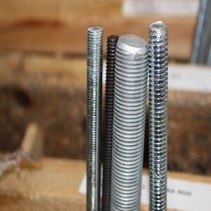
Fixing Fasteners
Fixing fasteners are a broad category that includes any fastener used to securely attach one object to another. They can range from simple nails and screws to more complex systems like chemical anchors. These fasteners are chosen based on the materials being joined, the required strength of the joint, and the environmental conditions they will be exposed to.
Keystock and Keys
Keystock and keys are machine elements used to connect a rotating machine element to a shaft, preventing relative rotation between the two. Keystocks are rectangular or square bars from which keys are made; these keys fit into matching keyways cut into a shaft and a component, such as a gear or pulley, ensuring they move together. They are critical in high-torque applications.
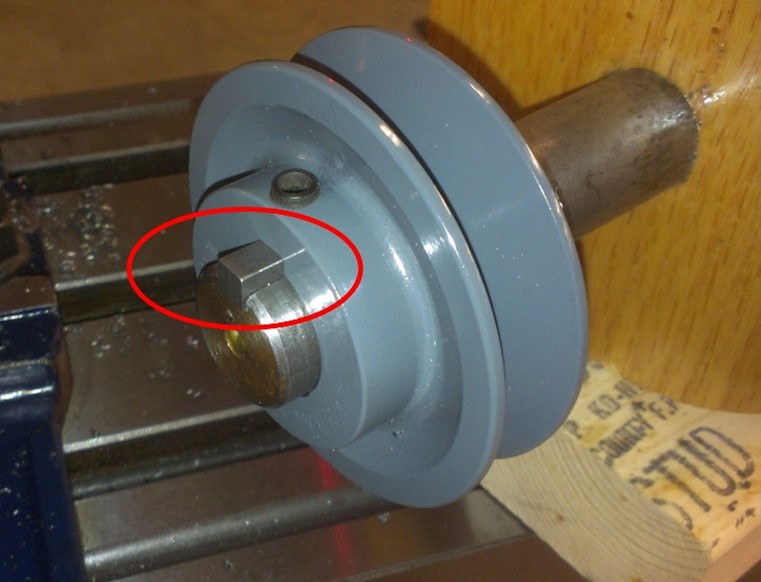
Pins
Pins are unthreaded fasteners that are used to locate, align, or join components. They can also prevent relative movement between parts. Common types of pins include dowel pins, which provide precise alignment; cotter pins, used to secure other fasteners; and spring pins, which are self-retaining and used in assemblies that require repeated disassembly and reassembly.
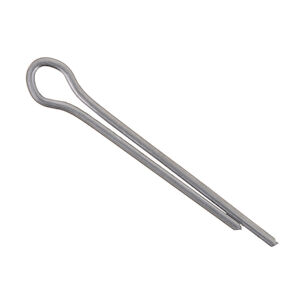
Standard Fastener Assortments
Standard fastener assortments are curated collections of fasteners, typically including an array of screws, bolts, nuts, and washers that adhere to the Unified Thread Standard (UTS). These assortments are invaluable for a wide range of maintenance, repair, and operations tasks across various industries. They offer the convenience of having a diverse selection of fastener sizes and types at your fingertips, eliminating the need to purchase individual pieces for every new project. This variety ensures that you have the necessary components to handle standard measurements in construction, machinery assembly, and automotive repairs, facilitating quick and efficient work.
Metric Fastener Assortments
Metric fastener assortments consist of fasteners that follow the metric system measurements. These collections are essential in environments where metric specifications are standard, such as in many international manufacturing, automotive, and electronics applications. Like their standard counterparts, metric assortments include various sizes and types of screws, bolts, nuts, and washers, tailored to meet the metric measurement requirements. Having a metric fastener assortment on hand streamlines operations by providing easy access to the correct sizes needed for projects adhering to metric standards, enhancing productivity and minimizing downtime.
How to avoid common fastener mistakes
Even with a solid understanding of the various types of fasteners and their applications, mistakes can happen. These errors not only compromise the integrity of your project but can also lead to safety hazards. Let’s delve into some of the most common fastener mistakes and explore how to avoid them, ensuring your projects are secure, durable, and up to standard.
1. Using the wrong type of fastener for the job
Mistake: Selecting a fastener based on convenience rather than suitability can lead to joint failure, corrosion, and other issues. For instance, using a wood screw for a metal application can result in a weak connection that is likely to fail under stress.
How to Avoid: Always match the fastener to the material and the specific requirements of the job. Consider the environment (corrosive, outdoor, etc.), the materials being fastened (wood, metal, plastic), and the type of load (tensile, shear).
2. Incorrect fastener size and length
Mistake: Using fasteners that are too short or too long can compromise the strength of the connection. A fastener that's too short may not engage enough material to hold securely, while one that's too long can protrude and cause injuries or interfere with other parts.
How to Avoid: Measure the total thickness of the materials being joined and select a fastener that allows for adequate engagement into the receiving material. A general rule is that the fastener should engage the receiving material by at least the same length as the thickness of the material being fastened.
3. Over-tightening fasteners
Mistake: Over-tightening can strip threads, deform the fastened materials, or even break the fastener itself. This is particularly common in high-torque applications or when using power tools without proper torque control.
How to Avoid: Use a torque wrench or a power tool with adjustable torque settings to ensure you apply the correct amount of torque, as specified by the fastener manufacturer or project specifications.
4. Neglecting pre-drilled holes
Mistake: Failing to pre-drill holes, or drilling holes of the wrong size, for screws and bolts can lead to material splitting, especially in brittle materials like wood and certain plastics.
How to Avoid: Always pre-drill holes to the recommended diameter for the fastener being used. This will minimize material stress and allow for a cleaner, more secure fit.
5. Ignoring environmental conditions
Mistake: Overlooking the environmental conditions can lead to premature fastener failure due to corrosion, thermal expansion, or other factors. For example, using standard steel fasteners in a coastal environment can result in rust and corrosion.
How to Avoid: Choose fasteners made from materials appropriate for the environment in which they will be used. Stainless steel, galvanized steel, and coated fasteners offer increased resistance to corrosive environments.
6. Inadequate maintenance and inspection
Mistake: Failing to regularly inspect and maintain fastened connections can lead to unexpected failures. Fasteners can loosen over time due to vibration, thermal cycling, and wear.
How to Avoid: Implement a routine inspection and maintenance schedule, especially for critical connections. Use thread-locking compounds or locking fasteners where appropriate to prevent loosening.
By being aware of these common mistakes and taking steps to avoid them, you can ensure the longevity and safety of your projects. Remember, the devil is in the details, and paying attention to the small, but important aspects of fastener selection and application can make all the difference in the success of your endeavors.
Shop fasteners
- Anchors
- Bolts
- Fixing fasteners
- Keystock and keys
- Metric fastener assortments
- Nuts
- Pins
- Rods and studs
- Screws
- Standard fastener assortments
Need help with selecting a fastener?
When it comes to fasteners, we’re trusted experts. Contact us or call 1-800-669-9650 to speak with a member of our customer service team at any of our 11 locations (Knoxville, TN; Marietta, GA; Orlando, FL; Charlotte, NC; Little Rock, AR; Fort Worth, TX; Benton, IL; Madisonville, KY; Princeton, WV; Birmingham, AL; Calvert City, KY).
